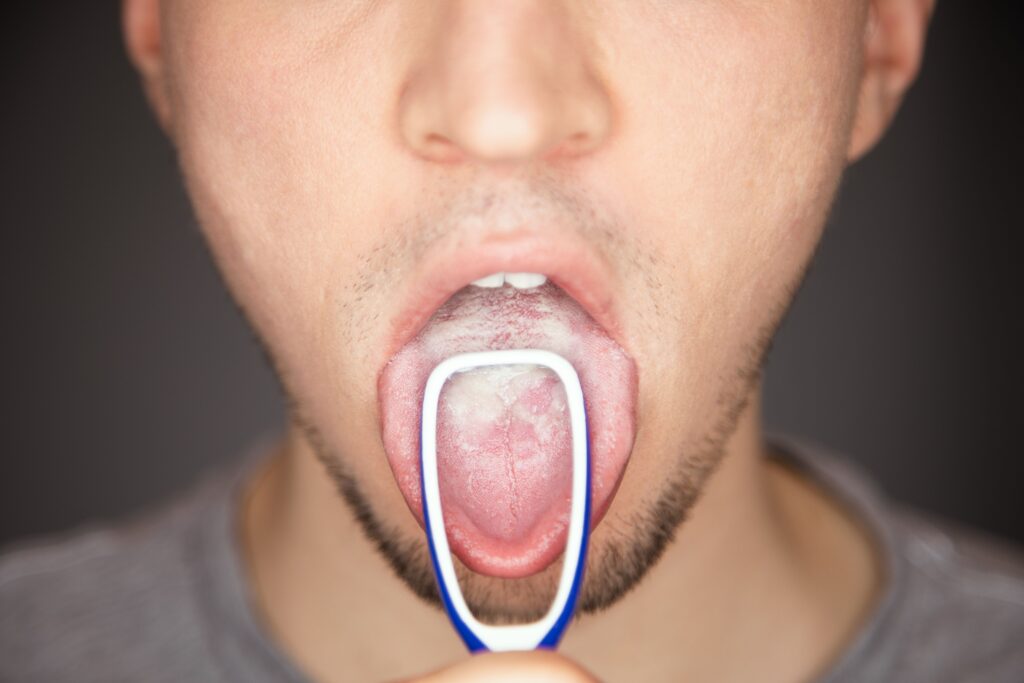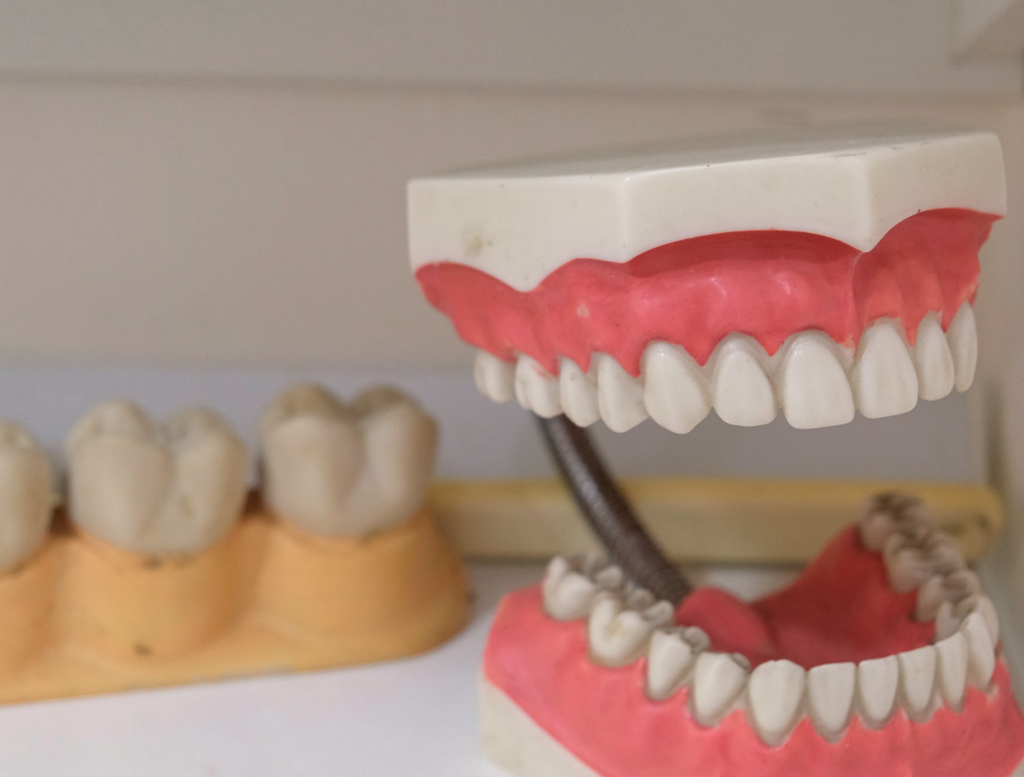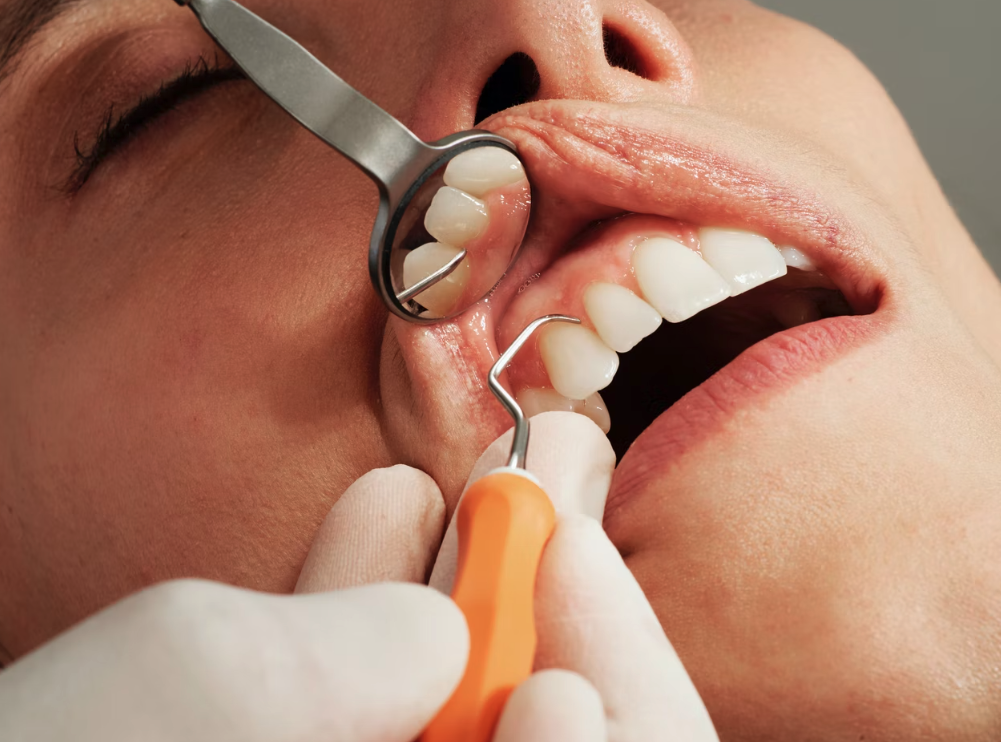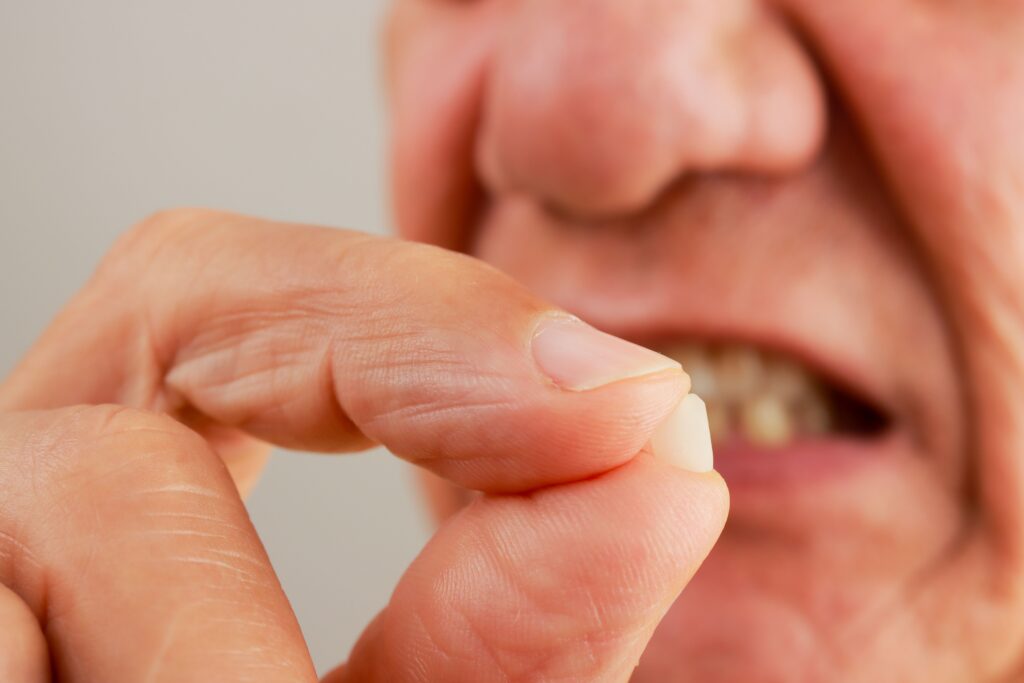Snoring is a common problem that affects millions of people, and can be caused by a variety of factors such as obesity, nasal congestion, and alcohol consumption. Night guards, also known as mandibular advancement devices (MADs), are a treatment option for snoring that has gained popularity in recent years. This article will explore the effectiveness of night guards in stopping snoring, as well as alternative treatments and the importance of seeking a proper diagnosis.
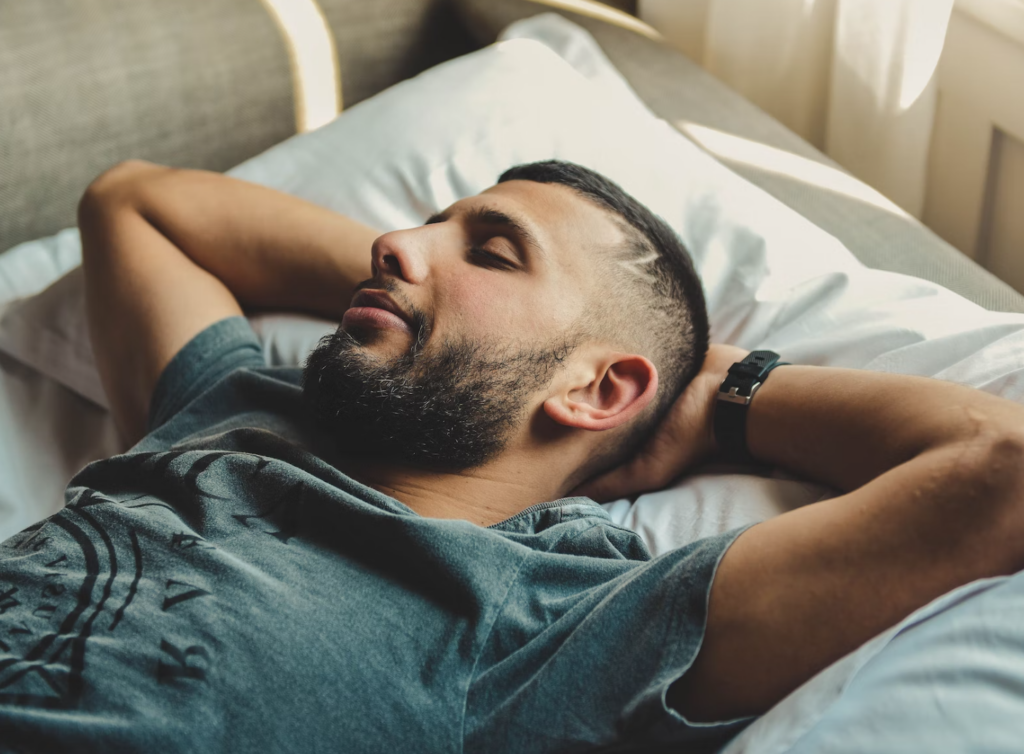
What Causes Snoring?
Snoring is the vibration of the airway during sleep, caused by a partial obstruction. This can be caused by a variety of factors, including obesity, nasal congestion, and alcohol consumption. Snoring can lead to a variety of health problems, including sleep apnea and daytime fatigue. Common symptoms of snoring include loud and persistent snoring, pauses in breathing during sleep, and excessive daytime sleepiness.
What is an Oral Appliance?
An oral appliance is a dental appliance worn during sleep that is designed to reposition the lower jaw, tongue, and soft palate, which can help to open the airway and reduce snoring. Oral appliances are classified as mandibular advancement devices (MADs), which are designed to hold the lower jaw forward, which prevents the airway from becoming obstructed.
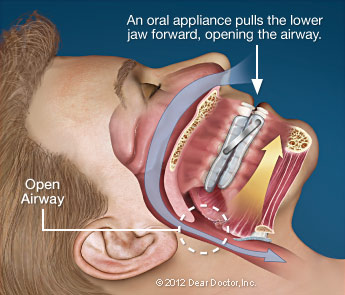
The Effectiveness of Night Guards in Stopping Snoring
Research has shown that night guards can be effective in reducing snoring. A study published in the Journal of Sleep Research found that night guards were effective in reducing snoring in 70% of patients. Similarly, a study published in Sleep and Breathing found that night guards were effective in reducing snoring in 72% of patients.
The effectiveness of night guards in stopping snoring may be due to their ability to reposition the jaw and tongue, which can open the airway and reduce the vibration that causes snoring. Additionally, night guards can also help to relax the muscles in the jaw and throat, which can further reduce snoring.
Other Treatments for Snoring
While night guards can be effective in stopping snoring, they are not the only treatment option available. Other treatments for snoring include:
- Continuous positive airway pressure (CPAP) therapy, which uses a mask to deliver air pressure to the airway to keep it open
- Weight loss, which can help to reduce fat deposits around the airway that can cause snoring
- Positional therapy, which involves sleeping in a certain position (such as on your side) to reduce snoring
It is important to consult a doctor or sleep specialist to determine the best treatment option for your snoring.
Sleep Apnea and Snoring
If you have been diagnosed with sleep apnea, there are special oral appliances that can be used to help reduce snoring and treat the condition. These oral appliances are provided by dentists and are useful in cases where patients suffer from obstructive sleep apnea. This appliance can often be utilized as an alternative to CPAP machines.
Conclusion
Night guards are a treatment option for snoring that can be effective in reducing snoring in 70-72% of patients. They work by repositioning the jaw, tongue, and soft palate, which can help to open the airway and reduce snoring. While night guards can be effective, it is important to seek a proper diagnosis and consider other treatment options, such as CPAP therapy, weight loss, and positional therapy.
References:
- Journal of Sleep Research, “Mandibular advancement devices for snoring and mild to moderate obstructive sleep apnea: a systematic review and meta-analysis”
- Sleep and Breathing, “Effectiveness of mandibular advancement devices in the treatment of snoring and mild sleep apnea: a systematic review and meta-analysis”
Contact Family Tree Dental Today
If you suffer from sleep apnea, and you tend to snore, you may benefit from an oral appliance. Contact Family Tree Dental today to learn more about how we can help treat your snoring or sleep apnea with an oral appliance. We look forward to hearing from you!



